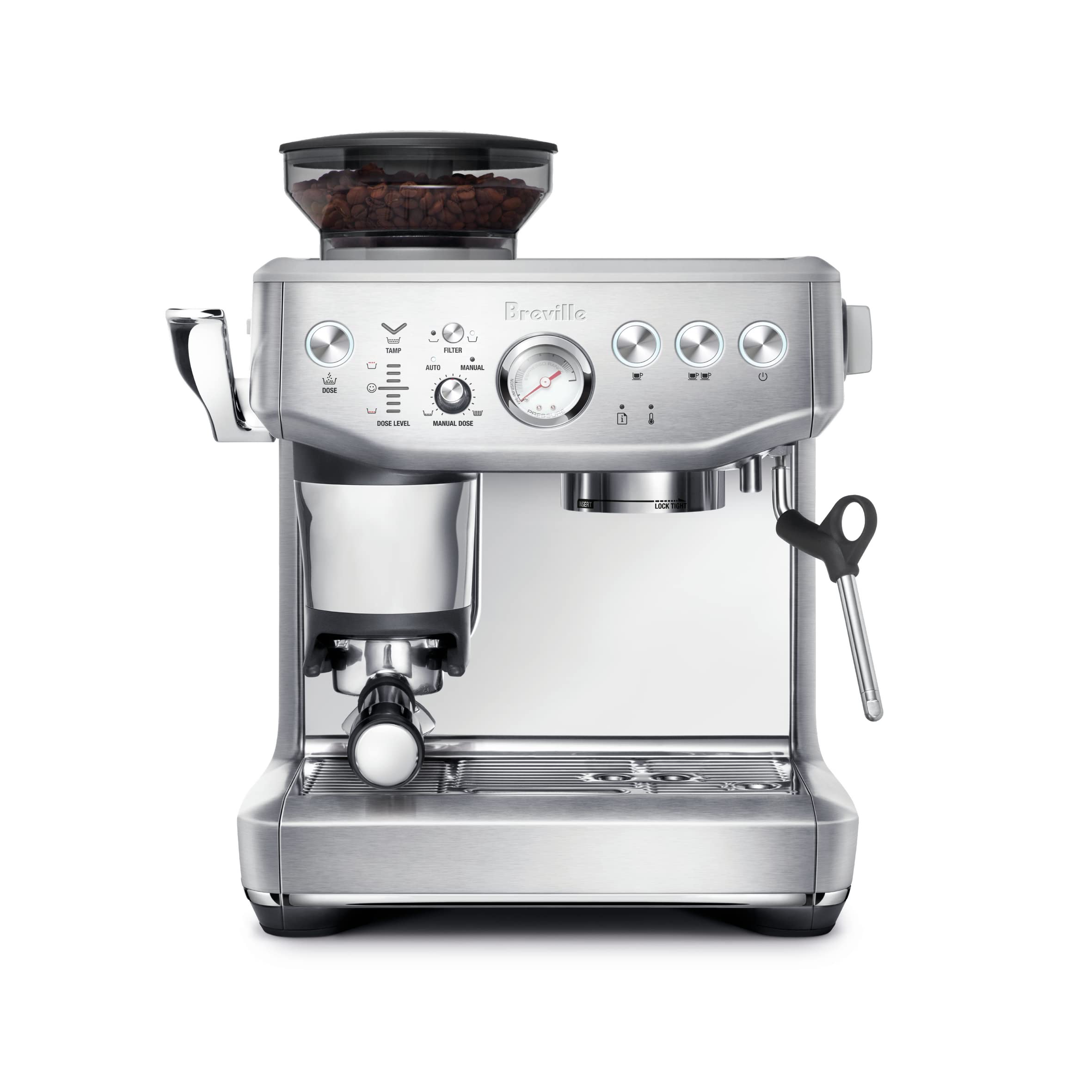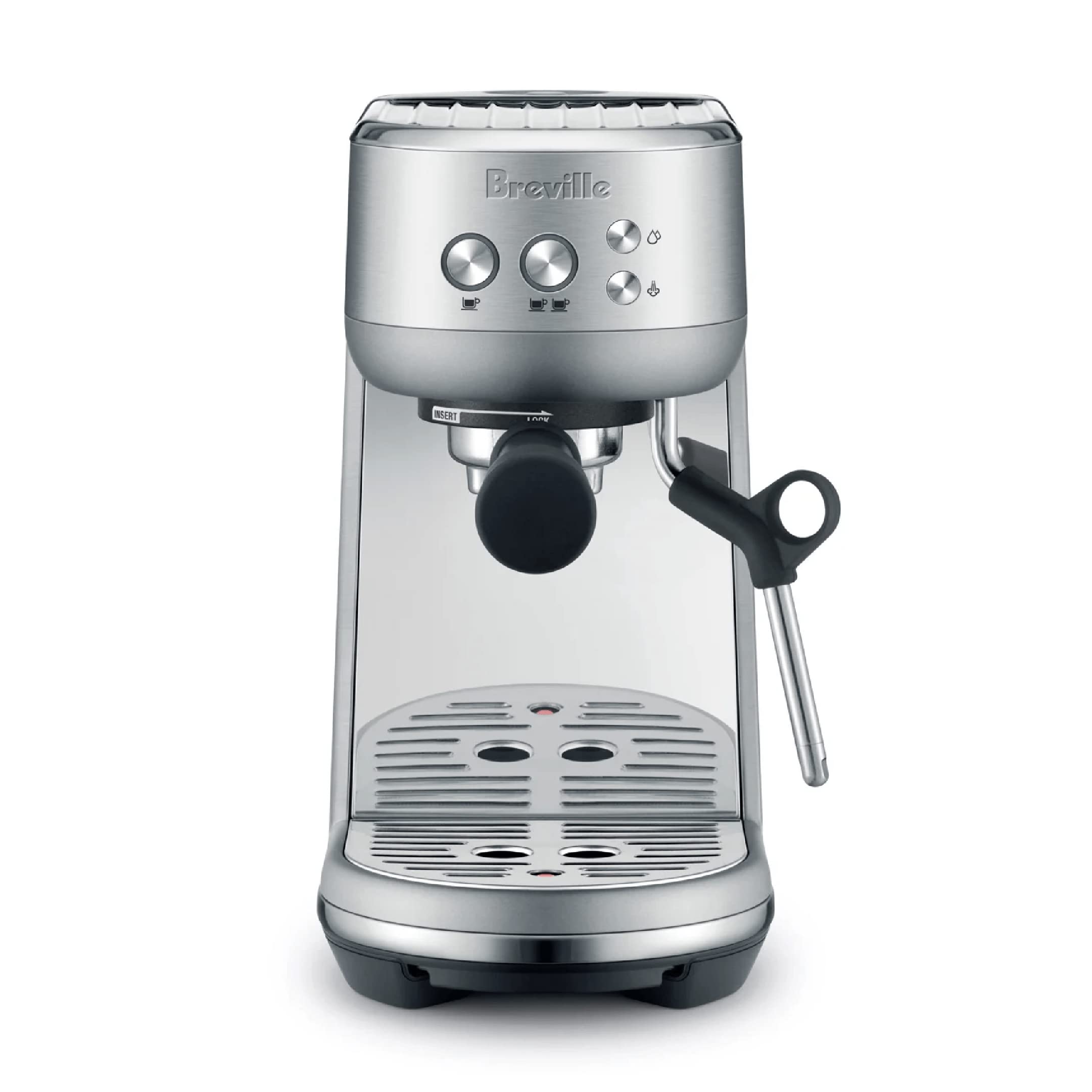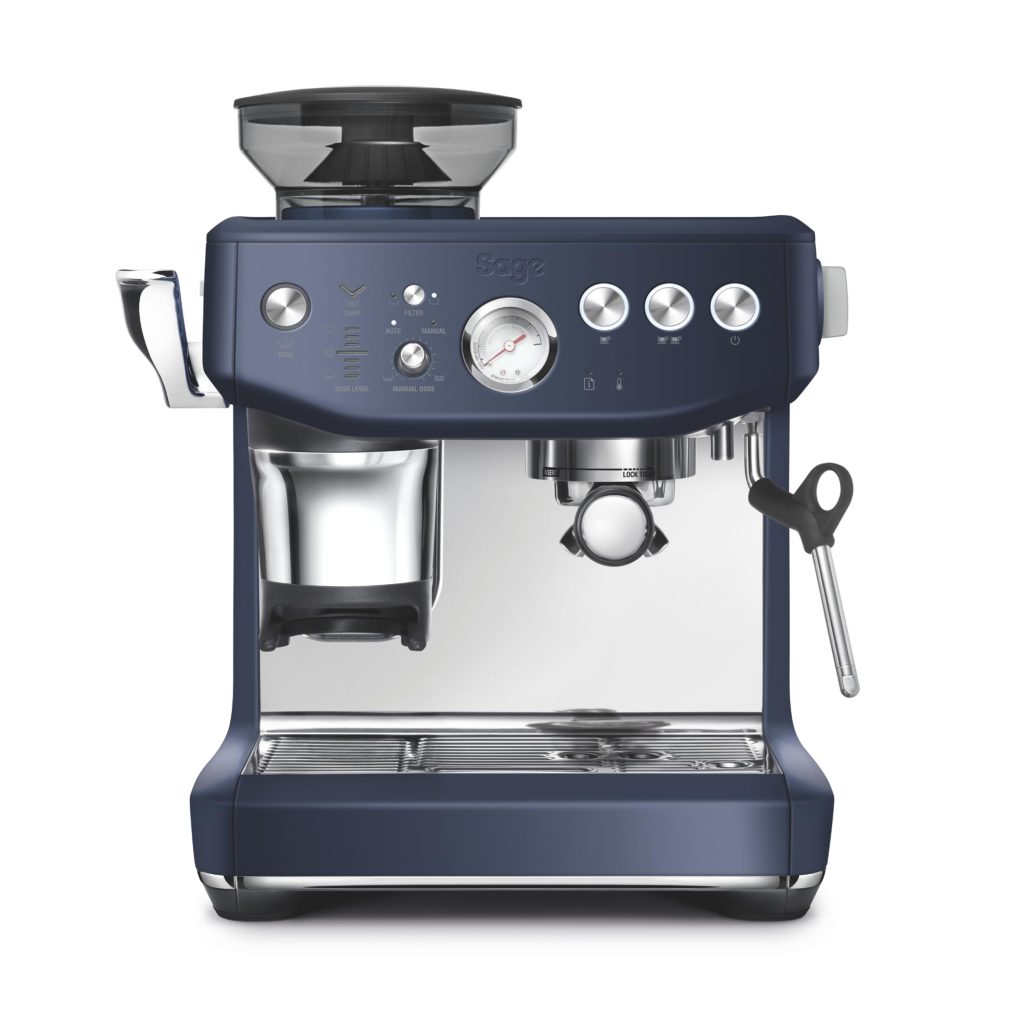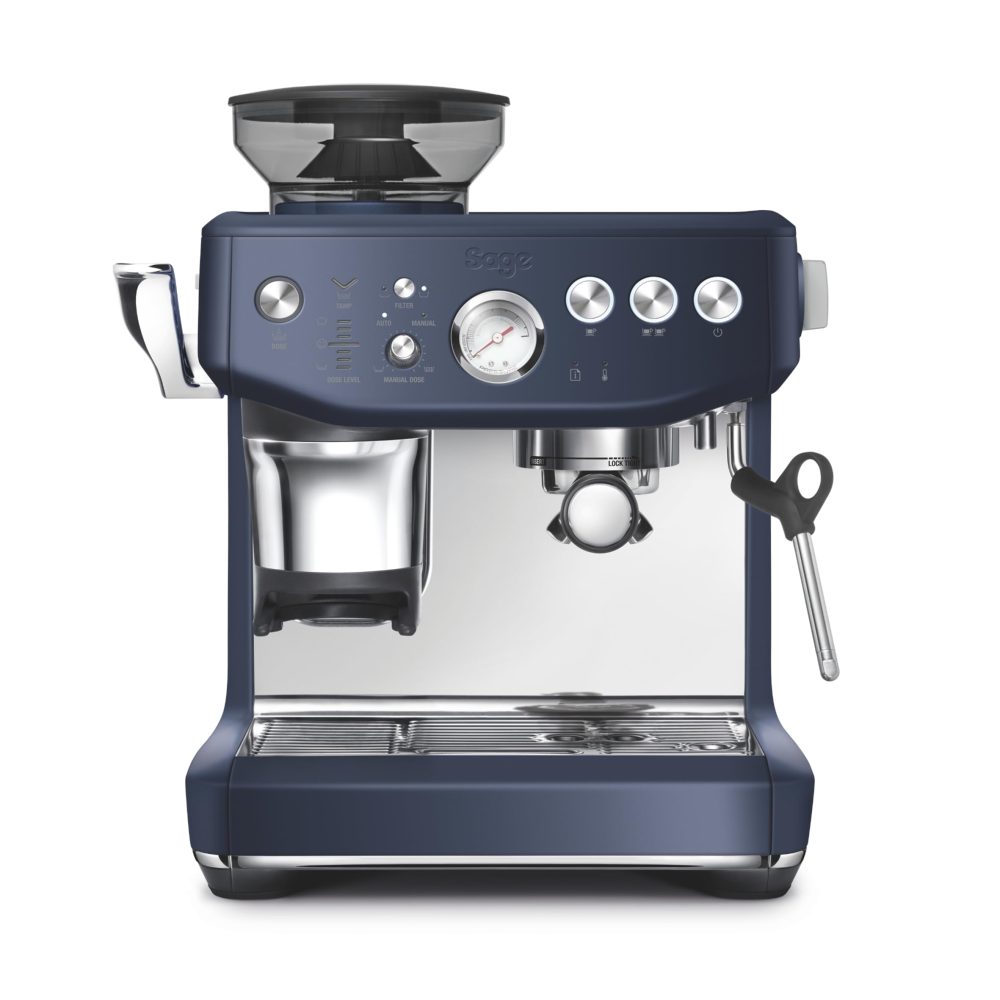Importance of Descaling Your Breville Coffee Machine
Regular maintenance of your Breville coffee machine includes descaling. Descaling is key to keeping your machine operating smoothly. Over time, minerals in water build up. This can affect your machine’s performance. A descale breville coffee machine process removes these minerals.

Why descale? Three main reasons stand out. First, descaling maintains flavor quality. Your coffee’s taste can suffer from mineral deposits. Descaling makes sure every cup is delicious. Second, descaling ensures consistent temperature. If not descaled, your coffee might not be hot enough. Finally, it prolongs your machine’s lifespan. A regular descale can prevent costly repairs.
How often to descale? This depends on your water hardness and how much you use the machine. Most manufacturers suggest descaling every 2 to 3 months. If you notice a change in performance or flavor, descale your breville coffee machine right away. By doing so, you’ll enjoy better-tasting coffee and extend the life of your machine.
Signs That Your Coffee Machine Needs Descaling
Knowing when to descale your Breville coffee machine is crucial for maintaining its performance. Here are the clear indicators that it’s time to descale:
- Poor Coffee Flow: If water flows slowly or unevenly, it could signal a need to descale. Scale buildup restricts water flow, affecting the brewing process.
- Off-Flavor in Coffee: A noticeable change in your coffee’s flavor often points to mineral buildup. Descaling can restore the coffee’s original taste.
- Longer Brew Times: When descaling is due, brewing may take longer than usual. This can be because of scale interfering with water heating.
- Noise During Brewing: Increased noise or strange sounds during brewing are common when your machine needs a descale. It’s often the sound of the machine straining against mineral deposits.
- Visible Scale Deposits: You might see white or chalk-like residues inside the water tank or around the nozzle. Visible scale is a direct sign to descale your machine.
- Machine Alerts: Some Breville coffee machines have indicators that alert you when it’s time to descale. Pay attention to these alerts to maintain your machine’s optimal condition.
Regular checks and responding to these signs will help keep your Breville coffee machine in top shape. Descaling not only optimizes machine efficiency but also ensures your coffee tastes great every time.
Preparing Your Coffee Machine for Descaling
Before you begin the descale breville coffee machine process, preparation is key. A well-prepared machine ensures efficient and safe descaling. Here’s how to get your Breville coffee machine ready for its cleaning ritual.
- Empty the Machine: Start by turning off your machine. Empty any coffee grounds and water. Remove any filters and the drip tray if possible.
- Check the Reservoir: Inspect the water reservoir for visible scale deposits. If any, rinse the tank with water to clear out loose scale.
- Gather Materials: You’ll need a descaling solution or a homemade mix (typically white vinegar and water). Have a large container on hand. This will catch water during the descaling process.
- Read the Manual: Every Breville model is different. Consult the machine’s manual for specific descaling instructions. This may include special steps or precautions to follow.
Proper preparation can prevent damage and ensure a smooth descaling process. With these steps, your Breville coffee machine will be set for a thorough cleanse.
Descaling Solutions for Breville Coffee Machines
Choosing the right descaling solution is vital for the care of your Breville coffee machine. There are two main types of descaling solutions: commercial and DIY mixes. Here’s what you need to know about each.
- Commercial Descaling Solutions: Specially formulated for coffee machines, these solutions effectively remove mineral build-up. They are easy to use, following the instructions on the packaging. Make sure to select a descaling solution that is compatible with Breville machines.
- DIY Vinegar Solution: A mix of white vinegar and water is a common home remedy. It’s affordable and environmentally friendly. Use a mixture of equal parts vinegar and water for best results. However, be aware that vinegar can leave a strong odor and taste if not thoroughly rinsed.
- Citric Acid Solutions: Another alternative is a solution made from citric acid powder. It’s natural and less pungent than vinegar. Mix one to two tablespoons of citric acid in a liter of water.
When selecting a descaler, consider how often you need to descale your Breville. Also, think about the specific requirements of your coffee machine model. Always follow the manufacturer’s recommendations for descaling solutions to avoid any damage. Whether you opt for a commercial cleaner or a homemade solution, the key is to use it correctly to ensure your machine remains in peak condition.
Step-by-Step Guide to Descaling Your Breville Coffee Machine
Descaling your Breville coffee machine is straightforward if you follow these steps:
- Turn Off Your Machine: Always start by switching off your coffee machine. Ensure safety first.
- Prepare the Solution: Mix your chosen descaling solution, whether commercial or a DIY mix. If it’s DIY, remember, equal parts vinegar and water works well.
- Fill the Reservoir: Pour the solution into the water reservoir. If using citric acid, dissolve one to two tablespoons in water.
- Start the Descale Cycle: If your Breville has a ‘descale’ setting, select it. Otherwise, run a brewing cycle with no coffee.
- Let the Solution Work: Allow the machine to sit with the descaling solution for the time recommended in the manual. This can vary based on model.
- Flush the Machine: After the descaling cycle, run fresh water through the machine. This removes any leftover descaling solution.
- Run Full Water Cycles: To ensure all traces of the solution are gone, fill the tank with water and run several brewing cycles.
- Clean Removable Parts: Take apart any removable pieces. Wash them separately in warm, soapy water.
- Wipe Down the Machine: With a damp cloth, clean the exterior and any accessible interior parts. Be gentle around sensitive components.
- Reassemble and Test: Once everything is dry, put your machine back together. Run a cycle with coffee to test the results.
Following this routine every few months will help descale your Breville coffee machine effectively. It’ll keep your coffee tasting great and your machine running as it should.
 Rinsing and Cleaning Post-Descaling
Rinsing and Cleaning Post-Descaling
After you descale your Breville coffee machine, proper rinsing and cleaning are crucial. They remove any leftover descaling solution. This ensures your coffee tastes great, without any strange flavors. Here’s how to rinse and clean your machine post-descaling:
- Flush with Fresh Water: Once descaling is complete, fill the tank with fresh water. Run several brewing cycles. Do this until the water runs clear, with no traces of the descaling solution.
- Clean the Water Reservoir: Take out the water reservoir. Rinse it well with tap water. Make sure no residue is left behind.
- Wipe Down Surface Areas: Use a soft, damp cloth to wipe down the machine’s exterior. Pay close attention to buttons and the coffee spout.
- Clean Removable Components: Wash the drip tray, filter basket, and any other removable parts. Use warm, soapy water for the best clean, then rinse with clear water.
- Dry and Reassemble: Allow all parts to air dry completely. Then, put your Breville coffee machine back together. Double-check that everything fits into place as it should.
- Run a Coffee Cycle: Finally, run a brewing cycle with coffee. This confirms that the machine is clean and ready to use. Enjoy your freshly descaled Breville coffee machine with peace of mind.
Rinsing and cleaning after descaling are simple but vital steps. They keep your machine safe and your coffee delicious. Regular maintenance like this goes a long way in enhancing your Breville experience.
Frequency of Descaling for Optimal Performance
To maintain your Breville coffee machine at its best, regular descaling is important. How often this needs to happen depends on several factors. Let’s break it down:
- Water Hardness: The harder your water, the more often you should descale. Hard water has more minerals, which leads to quicker scale buildup.
- Frequency of Use: The more you use your coffee machine, the more frequent descaling should be. Daily use might require more regular maintenance.
- Coffee Quality: Notice a drop in your coffee’s quality? It might be time for a descale. This ensures every cup is fresh and flavorsome.
- Manufacturer’s Guidelines: Read your Breville manual. It usually suggests a descaling timeline to follow for the best results.
As a general rule, descaling every 2-3 months is advisable. However, if you notice any signs of scale sooner, don’t wait. Descaling at the right time can prevent problems before they start and keeps your coffee tasting its best. Remember, the key to a long-lasting Breville coffee machine is consistent care and timely descaling.
 Troubleshooting Common Issues After Descaling
Troubleshooting Common Issues After Descaling
After you descale breville coffee machine, you might face some common issues. Here’s how you can troubleshoot them:
- Coffee Tastes Off After Descaling: If your coffee doesn’t taste right, rinse your machine again. Run fresh water through a few more cycles to remove any lingering descaling solution.
- Machine Won’t Start Post-Descaling: Check to make sure it’s plugged in and that all parts are correctly reassembled. It could be a simple case of a loose water tank or filter basket.
- Poor Water Flow Continues: Sometimes, mineral deposits might not clear on the first descale. Repeat the descaling process if water flow is still an issue.
- Leaks Appear After Descaling: Ensure all components are tightly secured. This includes the water reservoir and any other removable parts.
- Noisy Operation Post-Descaling: Air trapped in the system can cause noise. Try running a few brew cycles to settle the internal mechanism. If noise persists, consult the Breville manual for further advice.
- Error Messages Show Up: Some Breville models display error codes. Refer to your machine’s manual to understand what these codes mean and how to address them.
- Coffee Brews Too Slowly: If descaling has not improved your brew time, it’s possible there’s coffee oil buildup. Clean the coffee outlet and filter basket thoroughly.
By following these tips, you can solve most problems that might arise after descaling. Remember, regular care keeps your coffee machine in top shape and your coffee tasting great.

